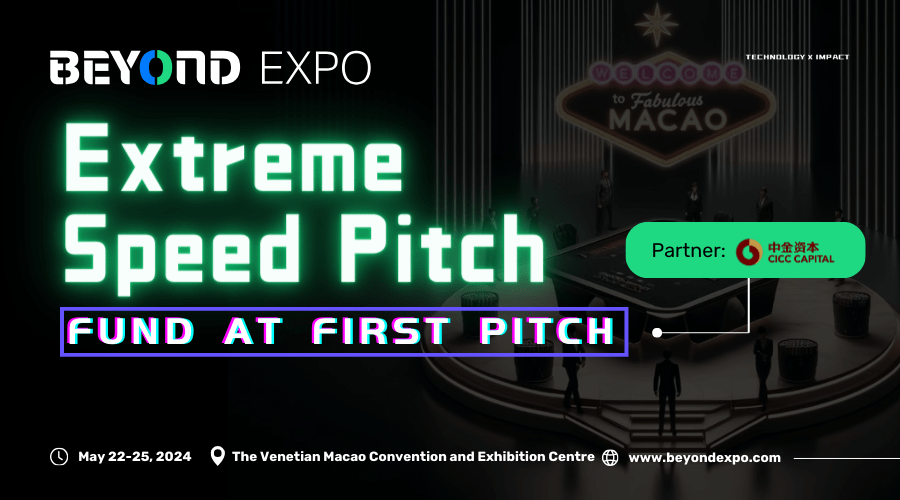This is the third part to IP issues in Korea.
You can read Part I here: http://betech.asia/2013/04/part-i-what-is-the-rationale-behind-ip-disputes/
And Part II here: http://betech.asia/2013/04/part-ii-ongoing-patent-battles-in-korea/
We talked about IP patent battles in Korea in the previous article. There is a recent IP agreement that caught my attention, which was between Apple and HTC.
Apple v HTC
Apple and HTC announced in November 2012 that they have settled their ongoing patent dispute, opting for a 10-year licensing agreement. The two were fighting more than 20 cases worldwide. However, HTC was relatively small at the time, while Samsung is now the market leader, making this dispute a much more strategic conflict. Also, the dispute between Apple and HTC never involved design-related rights, while Apple vs. Samsung is about Google’s Android operating system as well as exterior product design.
Which begs the question: is reaching a cross-licensing agreement still a good option?
Well, for Apple and Samsung, it used to be. In fact, a cross-licensing agreement was one of the most talked-about options throughout the global battle for a long time, where you call for ceasefire, sign the agreement and pay each other for the opposite’s licenses.
However, IP battles have become a 'nothing-to-lose' gladiator fight for both Samsung and Apple, at least at this point of time. Whereas Samsung has the brand recognition from becoming the world's top smartphone manufacturer, Apple is destined to do all it takes to prove that Samsung copied its designs.
While the mechanism of licensing provides a wide variety of possibilities for improving market position, it will now make no strategic sense to settle.
An IP license adds a layer of expense to a product (ie. smartphone) - in other words, it's fine to add new technology, but only if the market can bear that cost.
So let me put this into context. Smartphones have multiple technologies. Having a technology rich product is expensive to have a cross-licensing agreement over, and it is also expensive to bring it to the actual market.
Also, licensing in technology creates a technological dependence on external technology and limits the possibilities for growth and expansion to new markets of the licensee (according to the stipulated provisions).
There is one other thing that we should be careful about: licensing of IP may run into problems for both licensor and licensee if the government regulatory agencies consider it to be anti-competitive.
So: merits of a cross-licensing agreement can have its pros and cons but it is important to consider the preliminary question as to whether licensing is the right strategy to adopt or not. There is a lot to gain, but the risks cannot be neglected. A license agreement can be seen as an instrument for the distribution of risks between the licensor and licensee.
We will be writing a bit more on the IP issues surrounding startups and things you will need to know as a foreigner. Watch this space!





